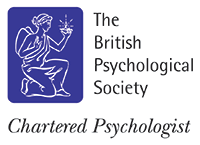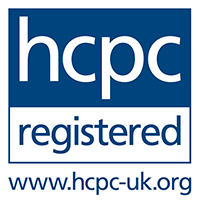What do Educational Psychologists do in schools?
Educational Psychologists (EPs) work with schools in a variety of ways including undertaking formal assessments of children and young people. These more formal Educational Psychology assessments often conclude with the EP writing a report outlining the results of any psychometric tests they have administered, feedback from observations and discussions with staff, pupils, parents and carers as well as strategies and recommendations as to how best to support the young person in education. Educational Psychologists also work in schools in less formal ways in order to provide advice and guidance to teachers, SENCOs, pupils, parents and carers regarding the most beneficial way to support a young person in education.
Examples of the areas that Educational Psychologists would provide advice and guidance on in schools may include:
- Formal assessments to contribute to Education and Health Care Plan (EHCP) applications
- Consultation meetings with parents/carers and other professionals to discuss strategies for assisting a child
- One to one and small group interventions to promote learning and emotional well-being
- Supporting staff development through delivering training, staff coaching and providing supervision
- Research and evaluation as well as designing and carry out research to improve outcomes
- Multi agency work such as participating in multi agency child centred planning meetings




